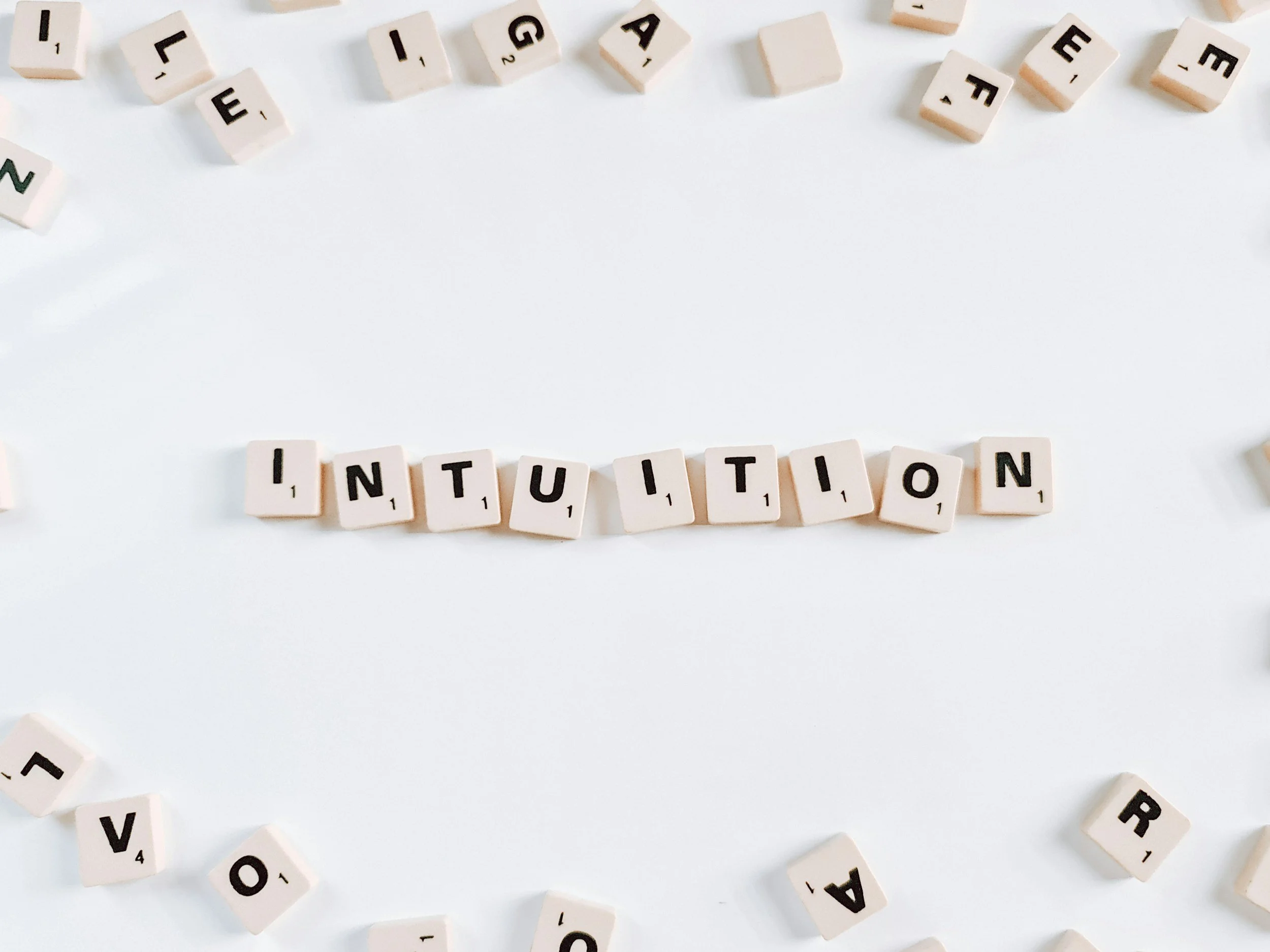How to Rebuild Your Intuition After Narcissistic Manipulation
When you’ve been in a relationship with a narcissist - whether romantic, familial, or professional - one of the deepest wounds left behind isn’t always visible. It’s not just the arguments, the gaslighting, or the erosion of confidence. It’s the subtle but profound disconnection from your own inner voice - your intuition.
Rebuilding your Intuition
Many survivors describe feeling as though they can no longer “trust themselves.” They second-guess decisions, question their feelings, and wonder if they’re overreacting or imagining things. That self-doubt isn’t accidental - it’s the result of long-term manipulation designed to disconnect you from your natural ability to sense danger, pick up on red flags, and make choices from a place of self-trust.
But here’s the truth: your intuition isn’t gone. It’s simply buried under layers of doubt, shame, and someone else’s voice. With patience and practice, you can rebuild that trust in yourself again.
Understanding Why Intuition Gets Silenced
Narcissists thrive on control, and one of the most effective ways to maintain it is to erode your ability to trust your own perceptions. Here’s how they do it:
Gaslighting: Repeatedly denying your version of events (“That never happened,” or “You’re imagining things”) makes you question your memory and instincts.
Shame and guilt: They condition you to believe that your feelings are “too much,” “wrong,” or “selfish.”
Intermittent reinforcement: By mixing kindness with cruelty, they create confusion, making it harder to distinguish what’s real and what’s manipulation.
Isolation: By cutting you off from supportive voices, they make their narrative the dominant one.
The outcome? You’re left believing that your inner compass is broken.
Signs You’re Disconnected from Your Intuition
You may notice:
Difficulty making decisions, even small ones (what to eat, what to wear).
Seeking constant reassurance from others.
Feeling disconnected from your body and emotions.
Over-analysing instead of trusting first instincts.
A fear of “getting it wrong” or being judged.
These are common signs of trauma - not personal failings.
Rebuilding Intuition: Gentle but Powerful Steps
Think of rebuilding intuition like rehabilitating a muscle after injury. It requires small, consistent exercises over time.
1. Start With Your Body’s Cues
Your body often knows the truth before your mind does. Notice:
Tightness in the chest when around certain people.
A gut feeling that something is “off.”
A sense of calm when something aligns with your values.
Exercise: Keep a daily log of physical sensations linked to situations. Over time, you’ll see patterns.
2. Reframe Self-Doubt as Curiosity
Instead of criticising yourself for not knowing, try asking:
“What would I choose if I trusted myself right now?”
“What does my gut say, before my mind talks me out of it?”
This gentle shift helps move from judgement to exploration.
3. Practice Small Decisions Without Outside Input
Every time you outsource decisions, you teach yourself you can’t be trusted. Start with low-stakes choices:
Which café to visit.
Which route to walk.
Which book to pick up.
Tip: Make the decision quickly, then observe how it feels. Confidence grows through action, not overthinking.
4. Create Safe Relationships That Affirm You
Healing doesn’t happen in isolation. Surround yourself with people who respect your boundaries, validate your feelings, and encourage your independence. This might include friends, support groups, or working with a narcissistic abuse counsellor who understands the dynamics of manipulation.
5. Reconnect with Your Creative Side
Intuition often speaks through creativity. Try:
Journalling stream-of-consciousness thoughts.
Engaging in art, dance, or music without judgement.
Spending time in nature and noticing what draws your attention.
These activities bypass the analytical mind and give your inner voice space to emerge.
6. Challenge the Internalised Narcissist
After leaving a narcissistic relationship, many survivors still carry their voice inside them: “You’re too sensitive,” “You can’t trust yourself,” “You’re wrong.”
Counteraction exercise: Write down those internalised messages, then next to each, write a compassionate truth. Example:
“You’re too sensitive.” → “My sensitivity is a strength. It helps me notice what others ignore.”
Over time, your voice becomes louder than theirs.
Finding Help for Narcissistic Abuse
Rebuilding your intuition after narcissistic manipulation is an act of radical self-trust. The narcissist may have silenced your inner voice for a time, but it was never destroyed. It’s still there, waiting to be nurtured.
Every small step - choosing for yourself, honouring your feelings, listening to your body - is a step back to your authentic self. With compassion, time, and the right support, you can once again live guided not by fear or manipulation, but by the quiet, steady wisdom within.
If you feel like you could benefit from counselling, contact Sami or book a session using the button below.

